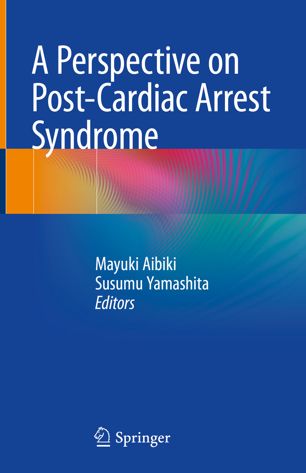

Most ebook files are in PDF format, so you can easily read them using various software such as Foxit Reader or directly on the Google Chrome browser.
Some ebook files are released by publishers in other formats such as .awz, .mobi, .epub, .fb2, etc. You may need to install specific software to read these formats on mobile/PC, such as Calibre.
Please read the tutorial at this link: https://ebookbell.com/faq
We offer FREE conversion to the popular formats you request; however, this may take some time. Therefore, right after payment, please email us, and we will try to provide the service as quickly as possible.
For some exceptional file formats or broken links (if any), please refrain from opening any disputes. Instead, email us first, and we will try to assist within a maximum of 6 hours.
EbookBell Team

4.7
26 reviewsThis book presents a valuable new perspective on Post-Cardiac Arrest Syndrome (PCAS), which was defined as system failure following whole-body ischemia-reperfusion injuries by the 2008 International Liaison Committee on Resuscitation. Recently, improving the survival rate of PCAS has become a major priority all over the world.
A Perspective on Post-Cardiac Arrest Syndrome addresses various aspects, including: neurological outcomes in non-convulsive status epilepticus, target temperature management, interventions for PCAS after acute coronary syndrome, the significance of measuring lactate clearance, a specific scoring system in prognostication for PCAS, therapeutic indications for suicide hanging cases.
This book will help a broad readership, including emergency physicians, intensivists, cardiologists and neurologists treating PCAS patients, to understand the history, current issues and future challenges in PCAS, presented by respected experts in this field.